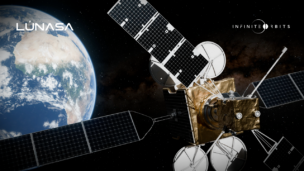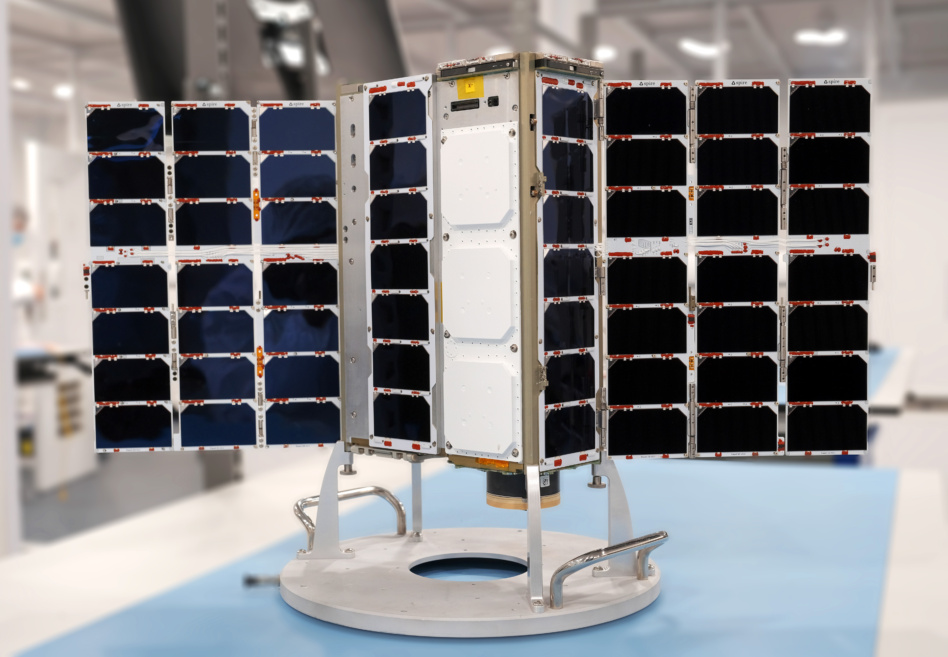Advanced Navigation, a lunar navigation startup, won an AUD 5.2M ($3.4M) Australian Space Agency grant to accelerate development of its lunar lander LiDAV sensor tech, the company announced yesterday. The funding supports NASA’s Commercial Lunar Payload Services.
“By helping Australian organizations like Advanced Navigation to develop their space heritage, they can break into new markets and supply chains and take their innovative Aussie technology to the world,” said ASA chief Enrico Palermo.
Advanced Navigation 🤝 $LUNR: Advanced Navigation is developing a novel lunar sensory stem called light detection altimetry and velocimetry (LiDAV), which will be demoed on Intuitive Machines’ Nova-C lunar lander. The company hopes the technology will be rated for commercial lunar lander integration by 2026.
LiDAV school: LiDAV works by emitting laser beams and measuring the time it takes to hit a target and bounce back. By transmitting multiple beams, LiDAV sensors can give a holistic navigation reading, analyzing a spacecraft’s position, elevation, and speed.
- LiDAV works even when visual references are obscured by dust or darkness, or when a GPS signal is unavailable.
- The technology is particularly useful for lunar landings, as it enables fully autonomous landings on the treacherous surface.
Hard landing: There are a number of reasons why lunar landings are incredibly difficult, with navigation being near the top. Recently, ispace’s crash landing was attributed to an onboard software system that miscalculated an altitude reading.





